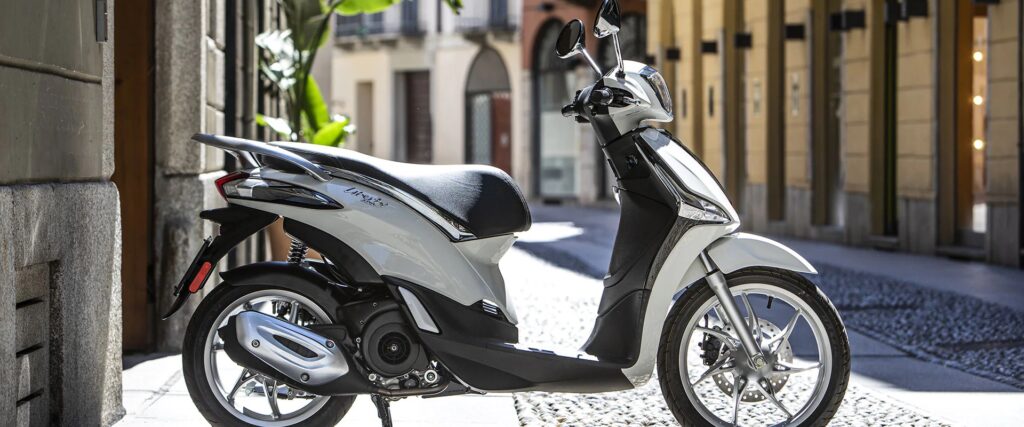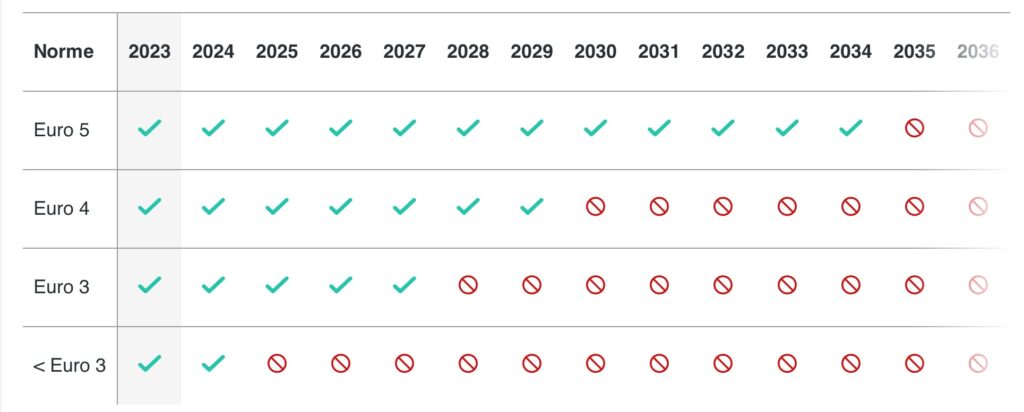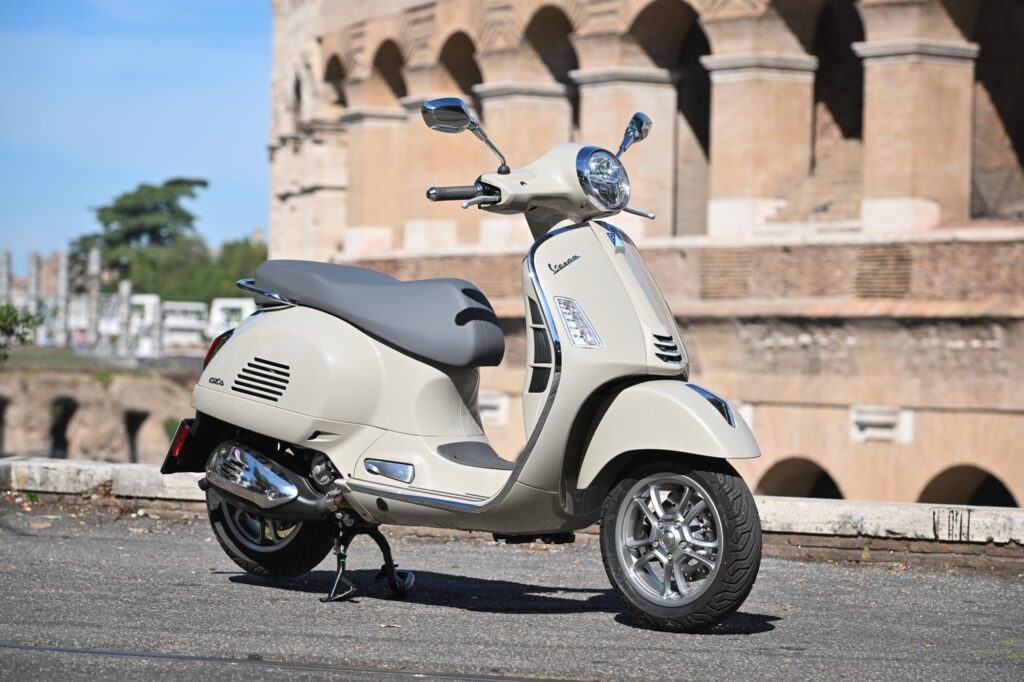Until 2029, all scooters with a maximum speed of 45 km/h (50 cm³) will be authorised to circulate in Brussels, except for those subject to the Euro 4 anti-pollution standard or earlier, for which the authorisation deadline is 2027. These regulations aim to control emissions from motorised two-wheelers, taking into account environmental standards.

Scooters, which are generally small, are subject to specific regulations designed to reduce their environmental impact and contribute to air quality in urban areas. By allowing 50cc scooters to run until 2029, the Brussels-Capital Region is seeking to establish a gradual transition to stricter standards, while taking into account the lifespan of existing vehicles.
However, the introduction of a cut-off date of 2027 for scooters complying with the Euro 4 standard indicates a desire to speed up the adoption of more environmentally-friendly vehicles. Euro standards define acceptable emission limits for new vehicles in terms of carbon dioxide (CO2) and other pollutants. Scooters complying with the Euro 5 standard have reduced emissions compared with previous standards, contributing to better urban air quality.
By imposing these deadlines, local authorities are encouraging the gradual replacement of less environmentally-friendly scooters with newer, more environmentally-friendly models. This approach promotes more sustainable urban mobility, while taking into account the practical realities of scooter owners.
For scooter owners, it is essential to keep abreast of future regulatory updates, as these can be adjusted in line with technological advances, emerging environmental concerns and developments in the motorised two-wheeler sector. Awareness of current and forthcoming standards contributes to proper planning for scooter owners in Brussels.

Until 2035, all scooters with a cylinder capacity of 125cc or more will be allowed to circulate in Brussels, with the exception of those that do not comply with current anti-pollution standards. This regulation aims to strike a balance between motorised mobility and environmental concerns, by extending the period of use for more powerful scooters while encouraging a gradual transition to stricter standards.

The regulations distinguish between different anti-pollution standards, thus determining the deadlines for authorising the circulation of scooters. For models complying with the Euro 4 standard, the deadline is 2029. Scooters meeting this standard, in force for new vehicles since 2017, have reduced emissions of atmospheric pollutants. This measure therefore encourages the adoption of cleaner technologies.
Scooters complying with the Euro 3 standard will continue to be allowed on the road until 2027. This standard, applicable from 2007, also introduces stricter emissions criteria, contributing to an improvement over older models.

Scooters with emission standards prior to Euro 3, i.e. the oldest models, will be allowed to circulate until 2024. This provision reflects the desire to gradually phase out the least environmentally-friendly vehicles, while giving owners a reasonable amount of time to adapt to these regulatory changes.
By extending the period of authorisation for more powerful scooters while imposing deadlines for less stringent anti-pollution standards, the Brussels authorities are seeking to promote more sustainable urban mobility. Scooter owners are encouraged to keep a close eye on regulatory developments in order to comply with ever-changing environmental standards and help reduce pollutant emissions in the region.

